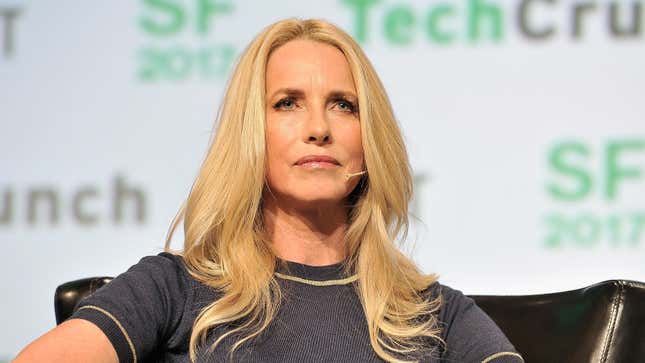The Only Thing Laurene Powell Jobs Wants To Save Is Her Bottom Line
Latest

Laurene Powell Jobs—tech billionaire, philanthropist, 35th richest person in the world, and widow of Apple founder Stever Jobs—was lauded as a hero in 2018 when she began to add media companies to her portfolio. Her company Emerson Collective heavily invested in a number of outlets, including The Atlantic, Monumental Sports, Concordia Studio, Anonymous Content, Gimlet, Axios, and Ozy, to name just a few. Of course, these investments weren’t strictly for financial gain; as she told CNet in March, she was worried about “democracy.” (I’m sure democracy was at the core of the decision making when Anonymous Content partnered with Amazon to adapt Homecoming, a podcast from—you guessed it—another Powell Jobs investment, Gimlet.)
-

-

-

-

-

-

-

-

-

-

-

-

-

-

-

-

-

-

-

-

-

-

-

-

-

-

-

-

-

-

-

-

-

-

-

-

-

-

-

-








































